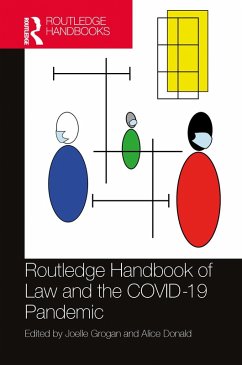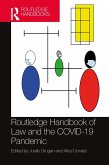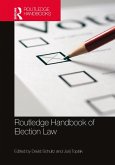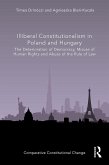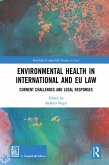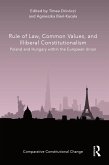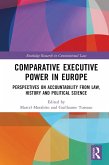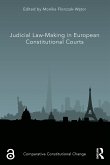Dieser Download kann aus rechtlichen Gründen nur mit Rechnungsadresse in A, B, BG, CY, CZ, D, DK, EW, E, FIN, F, GR, HR, H, IRL, I, LT, L, LR, M, NL, PL, P, R, S, SLO, SK ausgeliefert werden.
Judge Luís Roberto Barroso, Justice of the Supreme Federal Court of Brazil
"This excellent collection of essays both addresses and transcends the legal issues raised by responses to the pandemic, both within particular countries and globally. The health care crisis pushed other concerns to the margins of our political radar and the legal mechanisms adopted have not received the attention that trends in response to 9/11 did. Since the pandemic affected the exercise of political and legal power in ways that may have long term consequences for democracy, populism, authoritarianism and the role of scientific knowledge in our policy decisions, this book is an invaluable interdisciplinary resource."
David Dyzenhaus, University Professor of Law and Philosophy and Albert Abel Chair, University of Toronto
"Grogan and Donald's edited volume makes a spectacular contribution to ongoing discussions regarding COVID-19 and the law. Contributions from leading thinkers provide fresh theoretical insights and empirical observations regarding the pandemic's impacts on who exercises power and how, which should be read by everyone concerned with the rule of law in a post-COVID-19 future."
Alicia Ely Yamin, Senior Fellow on Global Health and Rights, Petrie-Flom Center for Health Law Policy, Biotechnology and Bioethics, Harvard Law School

